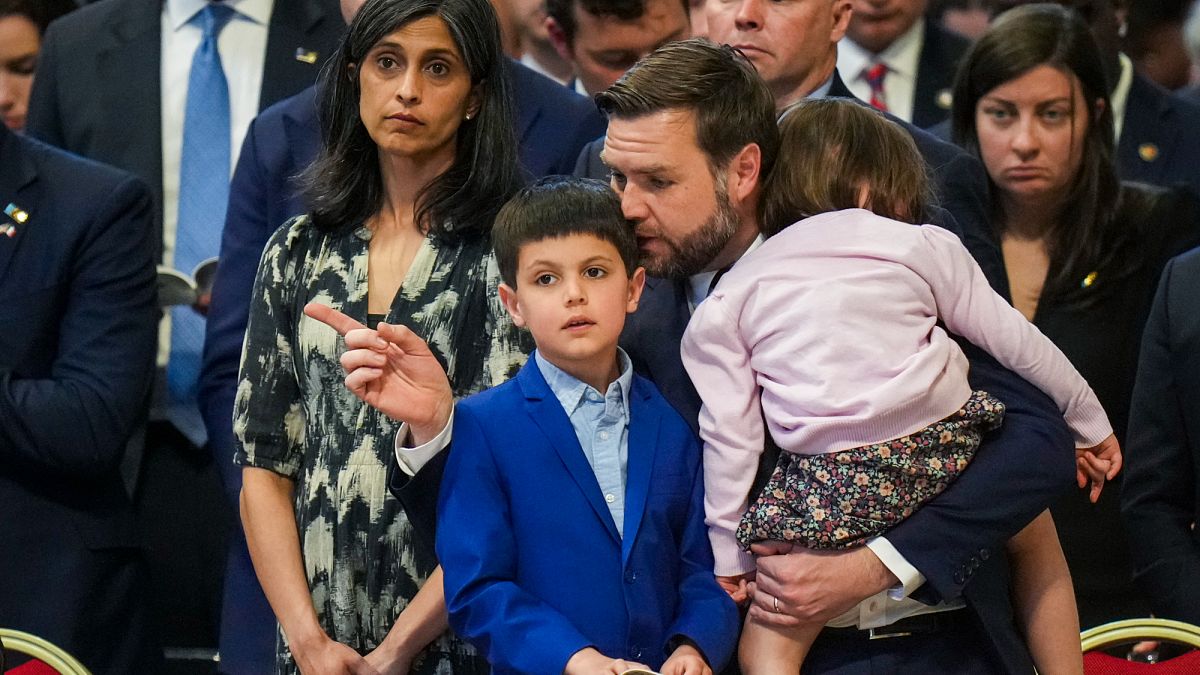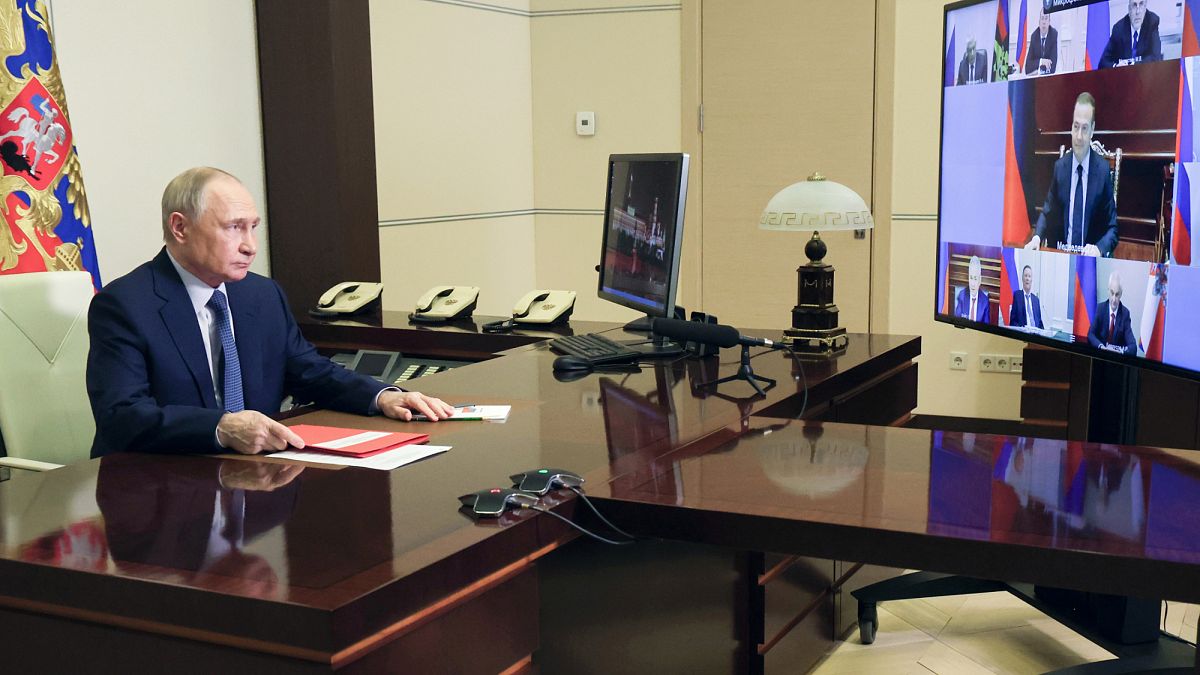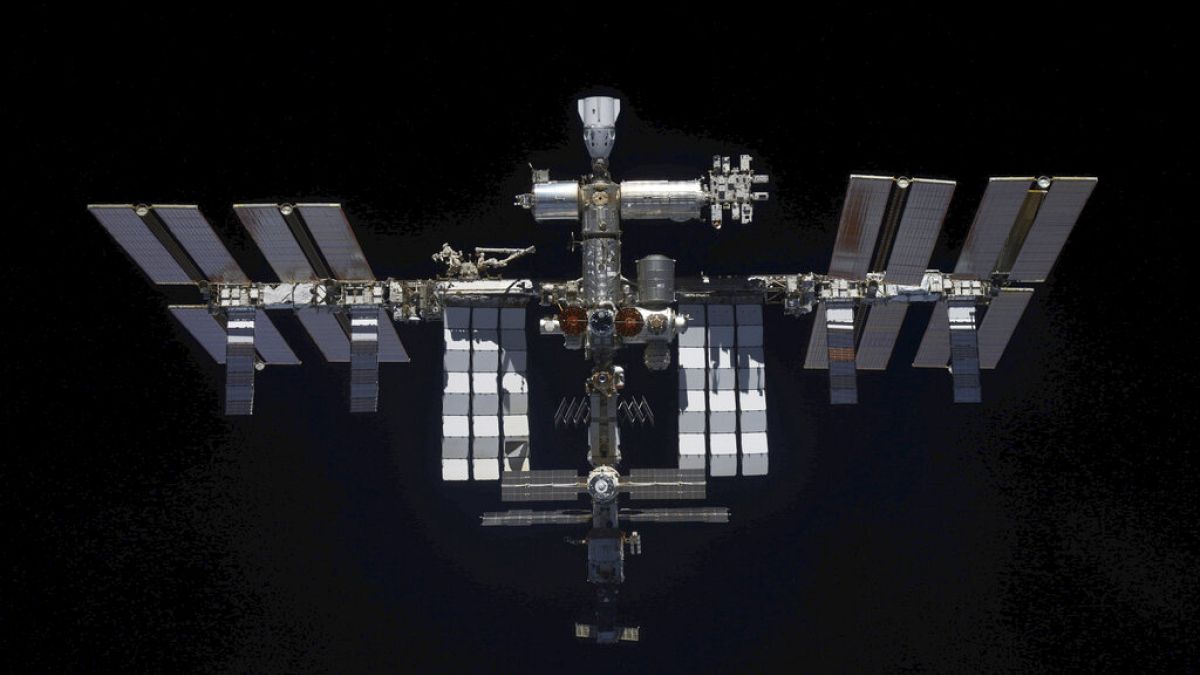A delicate compromise has been struck to balance fishing activities and resource conservation in the Mediterranean, following intense negotiations that placed the sector under significant scrutiny.
EU fisheries ministers reached an agreement on fishing limits for 2025 after two days of discussions in Brussels ended on Wednesday night, with wrangling over Mediterranean stocks leading to reduced quotas.
These measures decided at the EU level aim to safeguard the long-term health of fish stocks and marine ecosystems in the Atlantic, North Sea, Mediterranean, and Black Sea while ensuring the livelihoods of fishing communities.
The debate over fishing days—also known as fishing efforts—in the Western Mediterranean emerged as a critical point in the talks.
Ministers agreed to substantial reductions in fishing efforts for trawlers to protect demersal species—fish living near the seabed—in Spanish, French, and Italian waters. Currently, 60% of demersal stocks in this region are subject to overfishing, and 80% have biomass levels below sustainability thresholds.
“Setting the fishing effort limits in the Western Mediterranean was particularly demanding, but we managed to find a constructive compromise,” said Hungarian minister István Nagy who led the talks.
Spanish Minister Luis Planas described the negotiations as some of the “most complex, difficult and intricate” of his career.
“It was the very future of Mediterranean fisheries that was at stake,” said French minister Fabrice Loher, stressing the importance of the outcome, calling it a “winning deal” after weeks of preparation and days of negotiation.
Negotiations saw Spain, Italy, and France unite against the European Commission’s initial proposal, which called for a 79% reduction in fishing days by 2025—leaving Mediterranean trawlers with only 27 viable fishing days.
The final agreement formalises a smaller reduction of 66% in Spanish and French waters and 38% in Italian and French waters.
However, the agreement introduces mechanisms allowing countries to maintain 2024 fishing levels if they adopt certain management measures, such as improved mesh size, seasonal closures, and selective fishing gear.
This compensation mechanism, introduced in 2022, incentivises the adoption of conservation-friendly fishing practices.
Spain and Italy claimed after the deal that they would maintain their 2024 fishing levels by applying these measures. Spain indicated that implementing just two of the proposed measures would suffice to maintain current fishing days, while Italy announced compensation measures will be under consideration.
French Minister Loher highlighted the incentive-based approach, which involves working closely with industry professionals to ensure better protection for marine species.
NGO Oceana welcomed the agreement's adoption of conservation measures and reduced catch limits but expressed concerns about the compensation mechanism.
“The uncertainties surrounding the new compensation mechanism granting extra fishing days to trawlers cast doubt on the agreement’s ability to ensure the sustainable exploitation of all fish populations,” said Oceana’s policy advisor Giulia Guadagnoli.
Adjustments were also made to specific quotas. Catch limits for blue and red shrimp were reduced by 10% in Spanish and French waters and 6% in Italian and French zones. Similarly, quotas for giant red shrimp were lowered by 6% in Italian and French waters compared to 2024.

 4 months ago
36
4 months ago
36






 We deliver critical software at unparalleled value and speed to help your business thrive
We deliver critical software at unparalleled value and speed to help your business thrive






 English (US) ·
English (US) ·